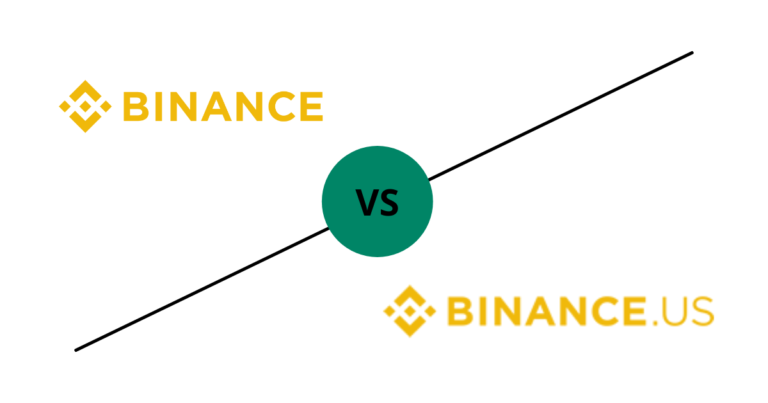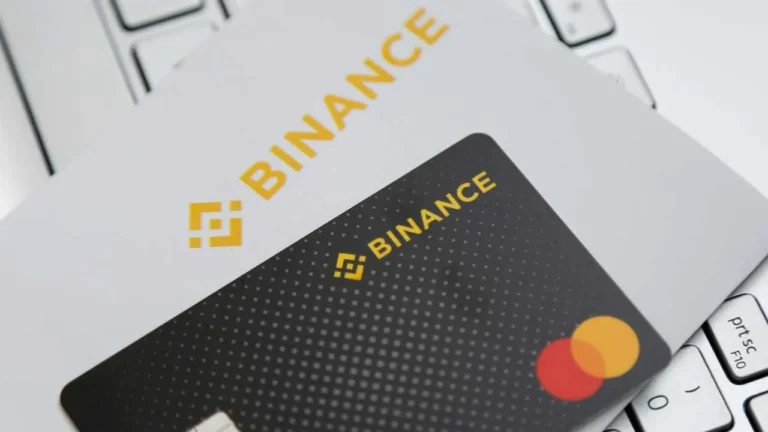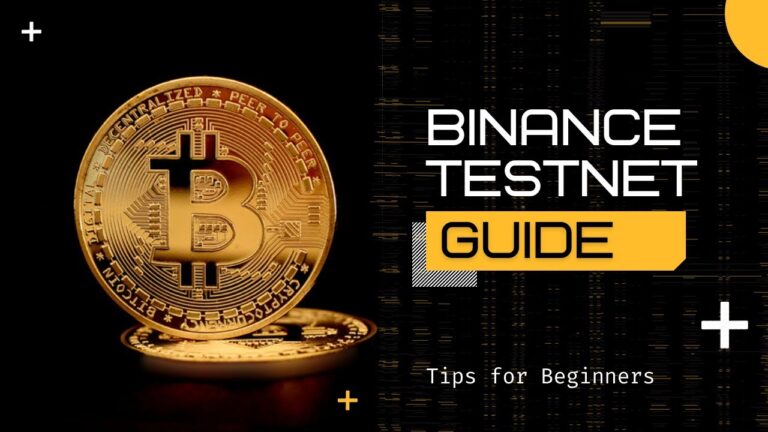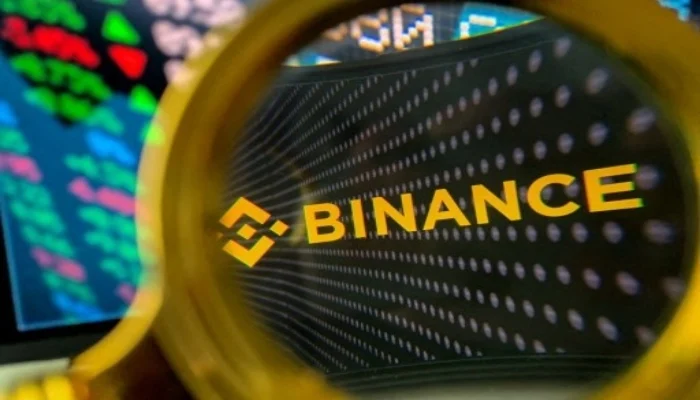Is there a Rebroadcast Bitcoin Transaction?
For one to ask, “Is there a rebroadcast Bitcoin transaction?” there may have been a problem that can be solved when you get to learn about the mechanics of Bitcoin transactions and when it is necessary in this in-depth review for solutions!”

Transactions in Bitcoin are the lifeblood of the cryptocurrency ecosystem; at any time you send or receive Bitcoin, a transaction is happening, and recordings of the digital funds moved from one wallet to another.
The blockchain, a decentralized digital ledger, records these transactions safely for all activities of Bitcoin.
You send Bitcoin, and your wallet will create a transaction, including:
1. Inputs
Where the Bitcoin came from (previous transactions).
2. Outputs
Where the Bitcoin goes (recipient’s wallet address).
3. Transaction Fee
Paid to miners who process and confirm a particular transaction.
First off, after creation, a transaction is broadcast across the Bitcoin network to be verified and included into the blockchain by miners.
Whereas most transactions confirm in the shortest time possible, others may remain pending for network congestion, low fees, and other technical issues. In that light, *rebroadcasting of a Bitcoin transaction* takes place.
What is a Rebroadcast Bitcoin Transaction?
A rebroadcast Bitcoin transaction refers to the process of sending a previously created transaction again on the Bitcoin network.
This is usually done in cases when a transaction has not been confirmed in a long period, mostly because of low transaction fees or congestion on the blockchain.
Why Would You Need to Rebroadcast?
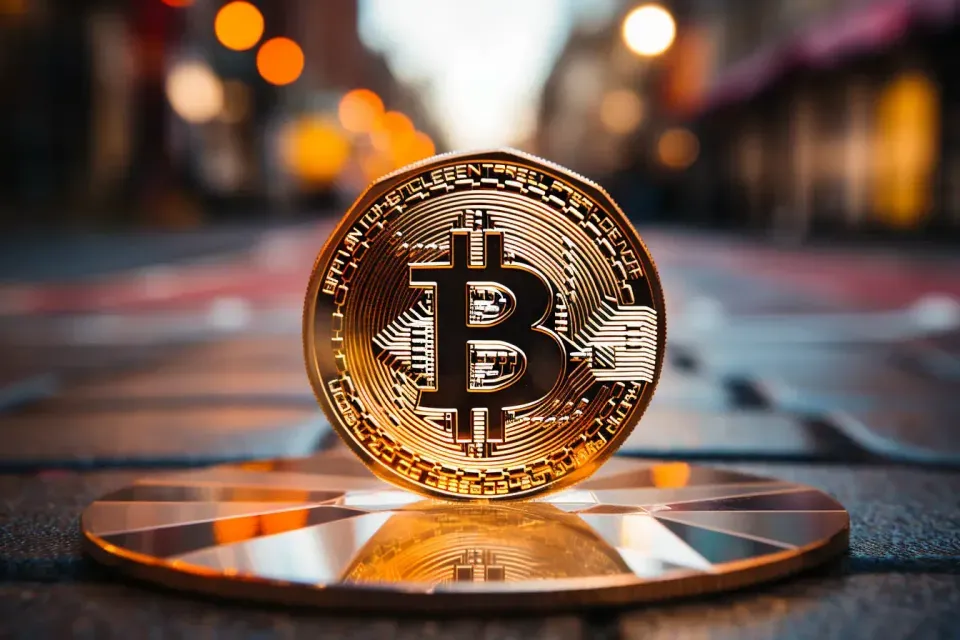
This is because of the following reasons:
1. Low Transaction Fee
Low-fee transactions are less attractive for miners and thus may be more likely to be ignored.
2. Network Congestion
When a lot of transactions are made, the low-priority ones may take a while to get confirmed.
3. Stuck Transaction
If your transaction is unconfirmed for too long, rebroadcasting gives a second chance for your transaction to be picked up by any miner.
Rebroadcasting essentially tells the network, “Hey, this transaction is still valid—please process it!” It’s like reminding the system to give your transaction another look.
How to Rebroadcast a Bitcoin Transaction
Rebroadcasting a Bitcoin transaction depends on the wallet or platform you’re using. While some wallets offer built-in tools for this, others may require more manual steps.
1. Check Transaction Status
Use a blockchain explorer like Blockchair or Blockchain.com to verify the status of your transaction.
2. Locate the Transaction ID (TXID)
This unique identifier helps track your transaction on the blockchain.
3. Use a Wallet with Rebroadcasting Features
Some wallets, like Electrum, allow users to rebroadcast transactions directly.
4. Rebroadcast the Transaction
If your wallet doesn’t support rebroadcasting, you may need to manually resubmit the transaction to the network.
5. Increase the Transaction Fee (Optional)
In case rebroadcasting itself doesn’t work, one may have to employ techniques such as Replace-by-Fee (RBF) or Child Pays for Parent (CPFP) to increase its chances of confirmation.
Is Replace-by-Fee (RBF): A Related Solution
RBF is a feature that allows users to increase the transaction fee after broadcasting. It replaces the original transaction with a new one, with a higher fee to incentivize miners to mine it first.
1. Before creating the transaction, make sure your wallet supports RBF.
2. If the transaction gets stuck, rebroadcast it with an increased fee using the RBF option.
3. Wait for miners to confirm the new transaction.
RBF can be a lifesaver when dealing with unconfirmed transactions, especially in a congested network.
Is there Another Remedy for this?
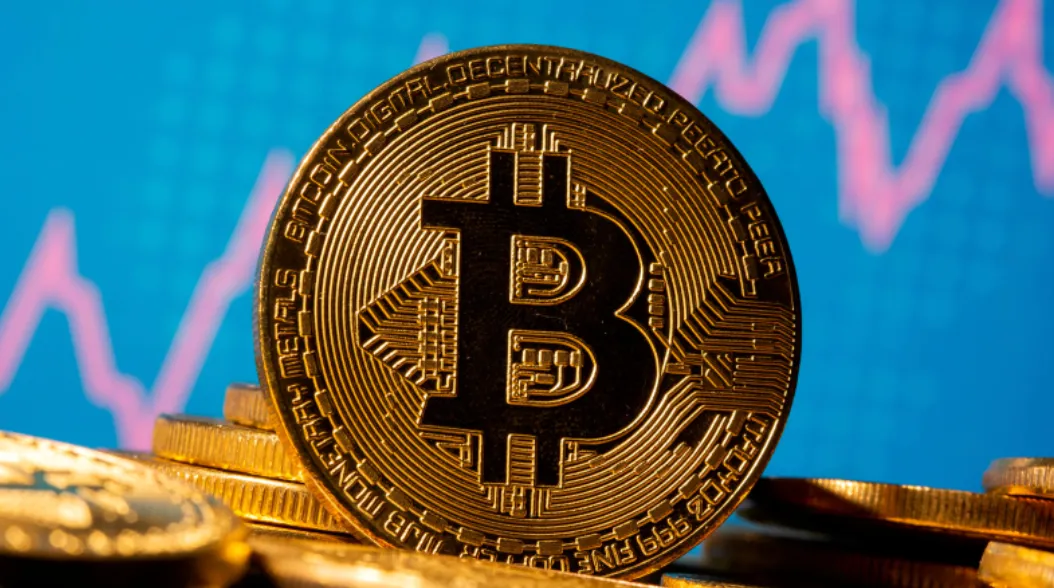
Sure! Another approach to dealing with stuck transactions is CPFP. Instead of trying to modify an existing transaction, a new one is created referencing the unconfirmed one. Here’s how it works:
1. Create a New Transaction
Spend the unconfirmed funds in a new transaction.
2. Add a High Fee
Add a higher fee to the new transaction, so miners get encouraged to mine both parent (original) and child (new) transactions together.
CPFP is particularly useful for wallets that don’t support RBF.
What Happens If You Don’t Rebroadcast?
If a Bitcoin transaction is not confirmed for a long time, it may eventually be dropped from the mempool-the waiting area of the network for pending transactions. In such a case, the funds will return to your wallet, and you can create a new transaction.
When it comes to the good part of rebroadcasting transactions, it increases the chances of your transaction being confirmed, as well as saves time as it doesn’t need to wait for the expiry of the transaction.
For the bad part, it would be advisable to note that even rebroadcasts without increased fees may fail to go through. So, some wallets don’t allow rebroadcast, making its execution cumbersome.
How to Avoid the Need for Rebroadcasting
Prevention is always better than treatment, so this can be attacked when one:
1. Pay Competitive Fees
Estimate appropriate transaction fees with the use of fee estimation tools.
2. Use Reliable Wallets
Some wallets automatically set optimal fees for your transactions.
3. Avoid Peak Times
High network activity causes congestion; hence, try to transact during off-peak hours.
4. Enable RBF
Employ wallets supporting RBF for better management of fees.
Are Rebroadcast Bitcoin Transactions Risky?
It isn’t dangerous when the system is rebroadcasting itself; however, this concept may be exploited by scammers: for example, phishing websites or fake wallets can claim to “rebroadcast” your transaction, yet steal your private keys in reality.
For staying safe during bitcoin transactions from malicious attacks, one has to use only well-trusted wallets and platforms. Also, never disclose private keys or restoration phrases, and then do well to double-check URLs and sources before submission of sensitive information.
Bottom Line
The question, “Is there a rebroadcast Bitcoin transaction?” is more than just technical curiosity—it’s a practical concern for anyone transacting in Bitcoin. Yes, rebroadcasting is a real and helpful solution to address unconfirmed transactions.
It ensures that your funds don’t remain stuck in limbo, offering a second chance for processing. The key to a smooth sailing with Bitcoin, however, lies in prevention: understanding how transactions work and choosing wallets wisely to set appropriate fees.
These will go a long way toward minimizing delays; when there are problems, the strategies such as rebroadcasting, RBF, and CPFP become useful. But then again, Bitcoin is a revolutionary financial system. It’s not without its complexities, though.
The greater the network grows, the more tools and techniques develop to manage the transactions across the blockchain. Keep informed, be vigilant, and you will be confident of surmounting these challenges, keeping your Bitcoin journey secure and hassle-free.



